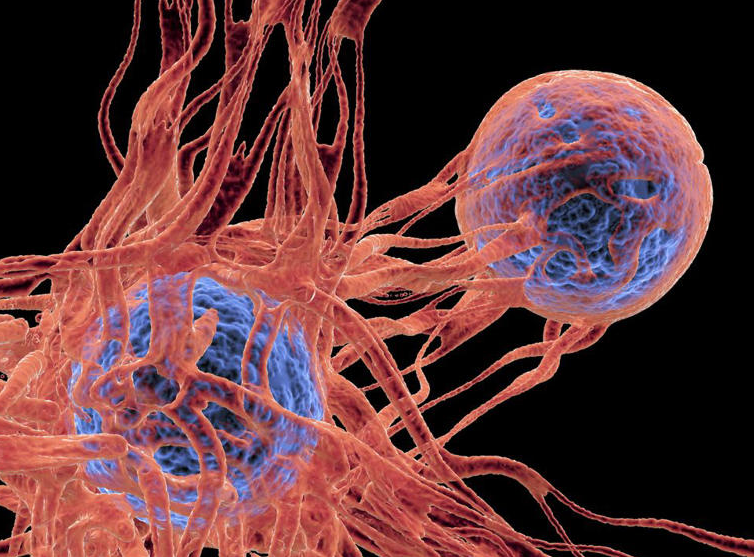1. Stopping being the one who reaches out first
When a man’s unhappy, he might stop being the one who initiates plans or messages. It’s not that he doesn’t care about his mates anymore, but it can feel like too much effort to start a conversation or organise something. As time goes on, this can make him more isolated without him meaning to. Friendships need effort from both sides and pulling back like this can unintentionally weaken those connections.
2. Letting their appearance slide without noticing
He might start paying less attention to what he wears or how he looks, not out of laziness, but because his motivation has dipped. When you’re feeling low, those small acts of self-care can be the first to go. This can turn into a cycle, where not making the effort makes him feel worse, which then makes him even less likely to try. It’s not always about vanity, either. Instead, it’s about how much value you place on yourself.
3. Losing interest in hobbies they once loved
Things he used to enjoy might start feeling like a chore. Even hobbies that once brought him energy can lose their spark when unhappiness takes over, leading to more time spent just scrolling or doing nothing. The lack of engagement isn’t just boredom. In fact, it’s a sign that he’s disconnected from the things that usually keep him balanced. Without those outlets, it’s harder to lift his mood again.
4. Avoiding making plans for the future
When he’s unhappy, thinking ahead can feel overwhelming or pointless. Trips, goals, or even small weekend plans can start to disappear from the calendar because it’s easier to just focus on getting through the day. This can make life feel stuck, with no exciting moments to look forward to. Over time, that lack of future focus can deepen the sense of dissatisfaction.
5. Letting their living space get out of control
Mess starts to build without him noticing, and cleaning becomes something he keeps putting off. A cluttered space often reflects a cluttered mind, even if he wouldn’t consciously connect the two. When a man’s feeling low, even simple chores can feel like big tasks. Slowly, the environment starts to mirror the mood he’s in.
6. Pulling back on affection and warmth
He might start showing less warmth or physical closeness, even with people he cares about. It’s not always intentional, of course. Sometimes unhappiness makes it harder to express affection naturally. The change can be subtle but noticeable, especially in relationships. The absence of small gestures can create distance without him even realising it’s happening
7. Turning down chances to try something new
Unhappiness can make life feel smaller. He might turn down opportunities or avoid new experiences simply because the energy or curiosity isn’t there anymore. It can make his routine feel repetitive, which can keep him stuck in the same low mood. Breaking that cycle becomes harder the longer it goes on
8. Keeping quiet about what’s really bothering them
Instead of opening up, he might start keeping more to himself. Talking about problems can feel draining, and unhappiness can convince him that no one really wants to hear it anyway. Having the habit of bottling things up can make the feelings stronger over time, creating even more distance between him and the people who could support him
9. Showing up socially but without real presence
He may still go to events, but with less enthusiasm and presence than before. Conversations might be shorter, and he might be more focused on getting through the evening than enjoying it. When this happens, socialising becomes more about obligation than connection. Eventually, he might stop going altogether, which can make the isolation worse.
10. Brushing off their own achievements
He might hit a goal or complete something important but brush it off quickly instead of celebrating. Unhappiness can make achievements feel smaller, even when they’re worth acknowledging. The lack of self-recognition can lead to feeling like nothing’s ever “enough,” no matter how much he’s actually doing well
11. Letting healthy habits fade away
Exercise, cooking proper meals, or getting enough sleep can start to slip when someone’s unhappy. These habits take energy to maintain, and low mood often drains that energy first. Eventually, the drop in physical health can feed back into the unhappiness, making it even harder to turn things around.
12. Holding back from sharing their opinions
He might stop weighing in on discussions or decisions, preferring to let other people take the lead. This can be a way to avoid conflict or because he feels like his input won’t matter anyway. Staying quiet too often can slowly chip away at his sense of agency and make him feel more detached from his own life
13. Letting routines slip away
The structure that once kept things steady can start to fall apart. Bedtimes get later, meals happen at random times, and the rhythm of daily life becomes inconsistent. Without those routines, it’s easy for days to blend together, making the sense of dissatisfaction harder to shake off
14. Losing enthusiasm for the things they talk about
He might still mention things he likes, but without the same spark in his voice or energy in his actions. That excitement fades when unhappiness starts to take hold. It can be one of the most noticeable changes to people around him, even if he doesn’t realise it’s happening.
15. Struggling to believe things can get better
When unhappiness lingers, optimism can feel out of reach. He might not actively think things will always be bad, but the belief that things can change starts to fade. This mindset makes it harder to take the steps that could help. Without hope, even small positive changes feel like they won’t make a difference.
Source:





